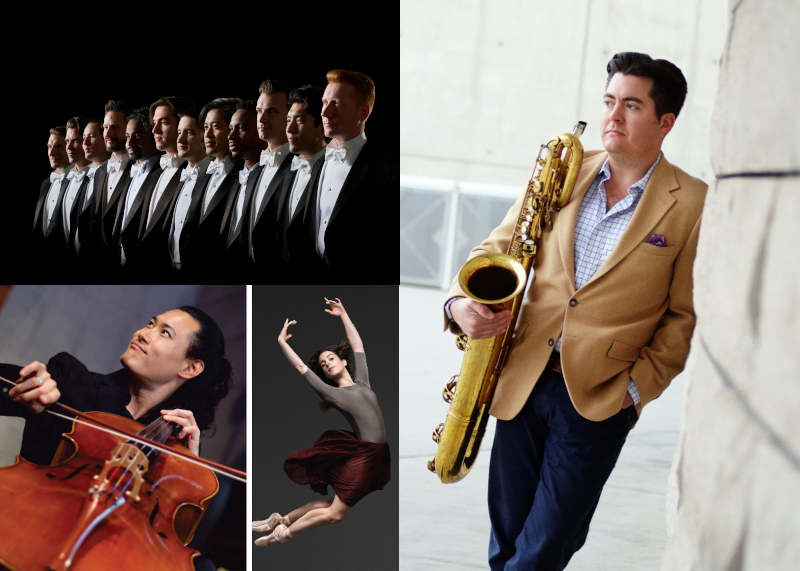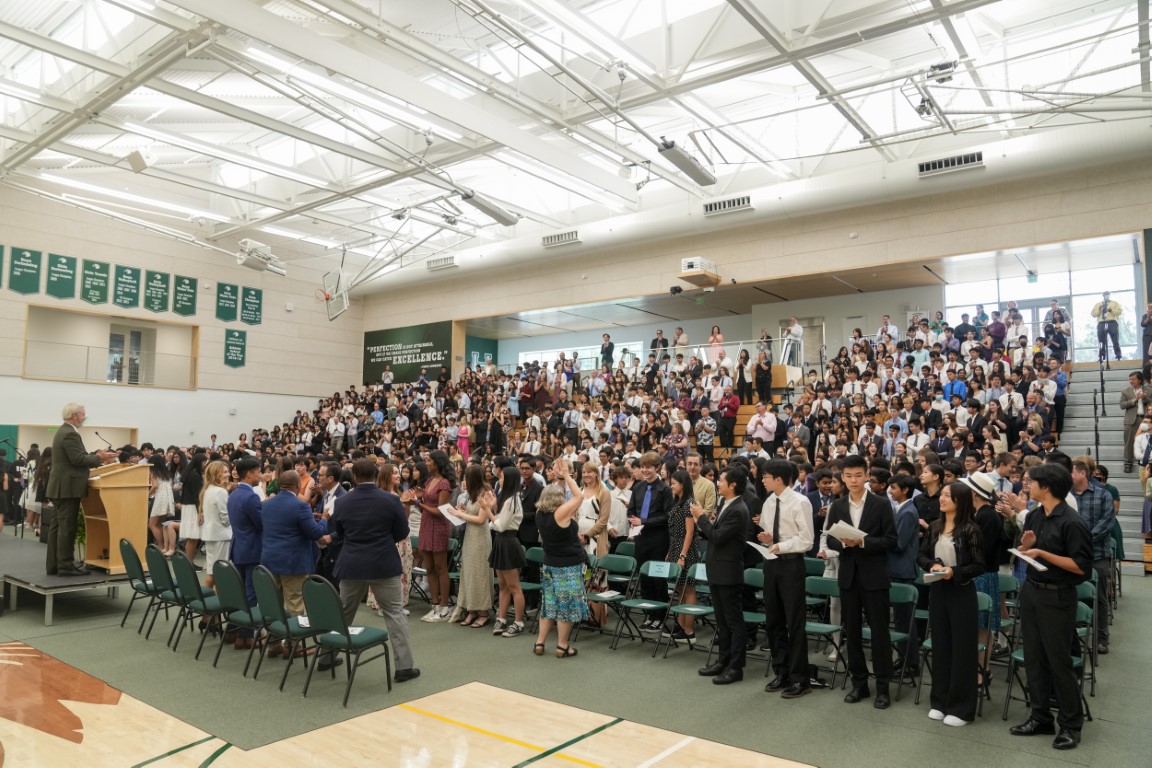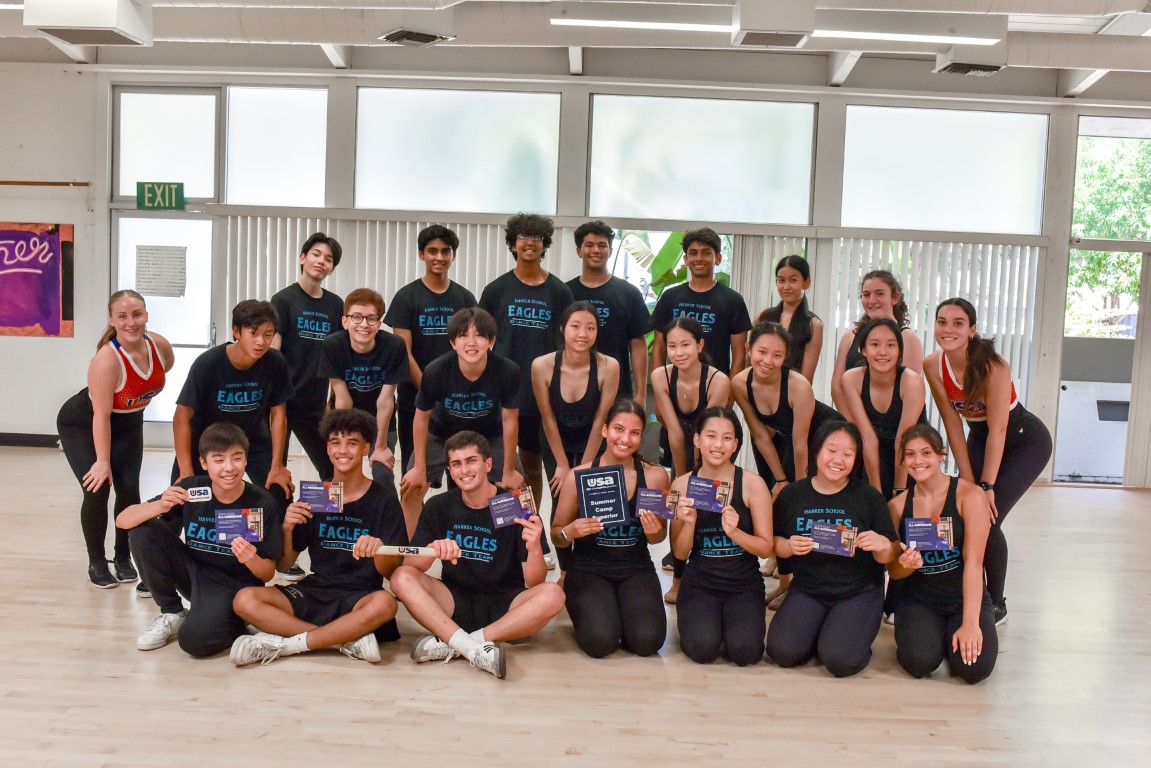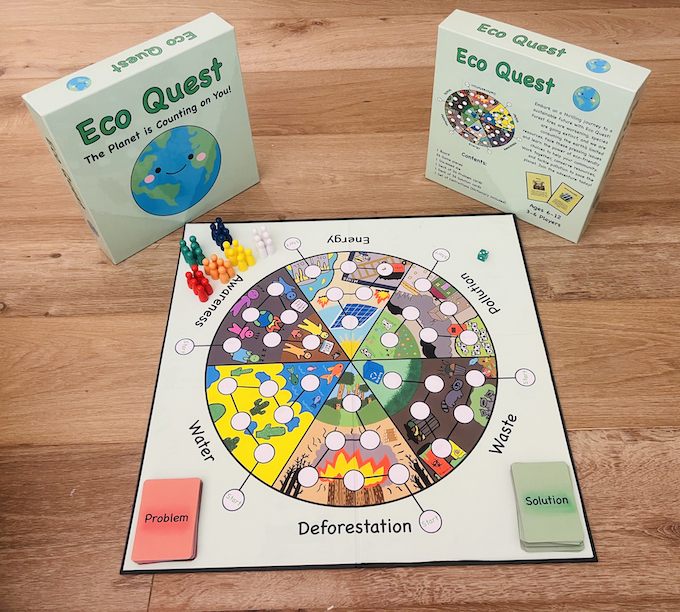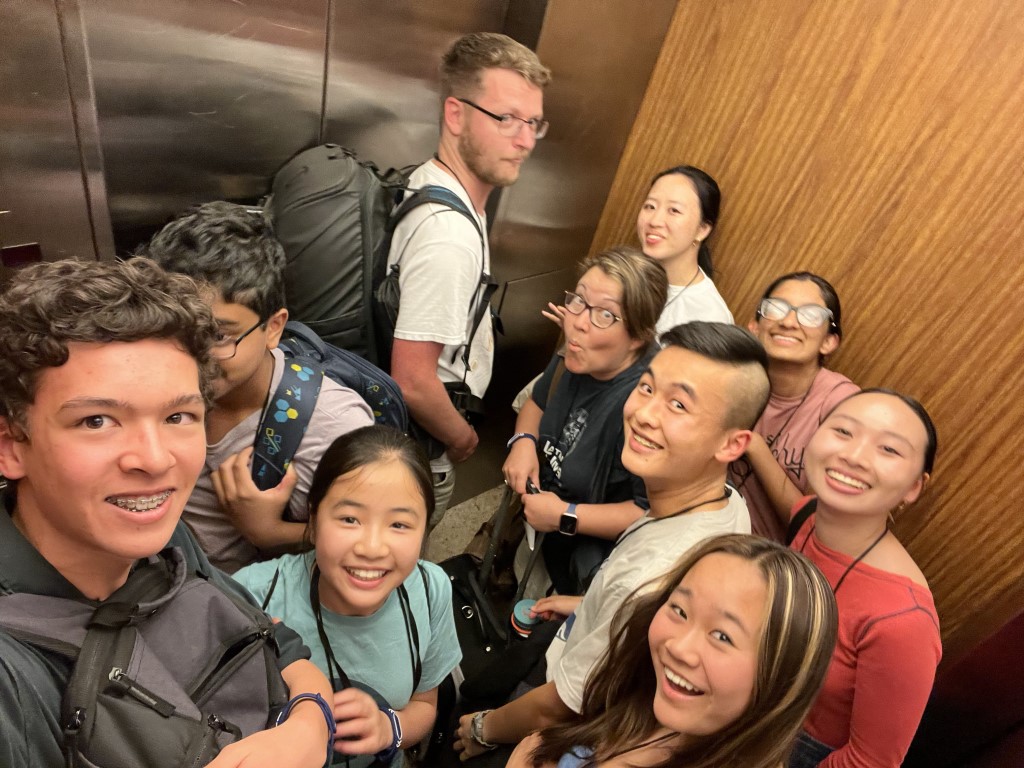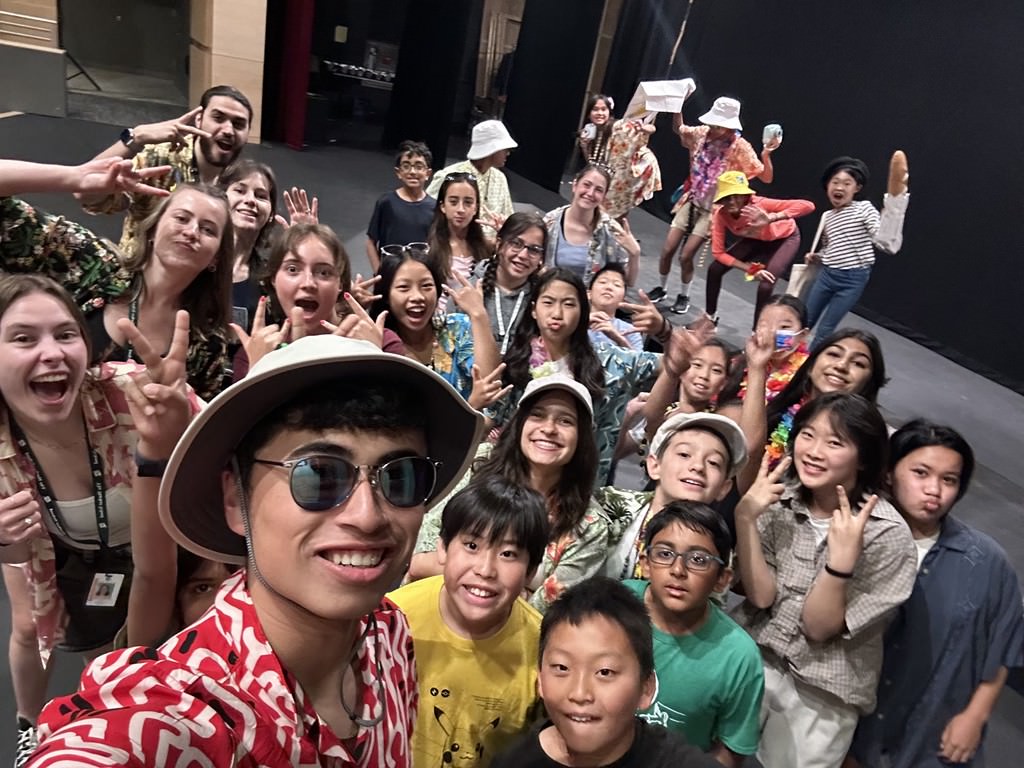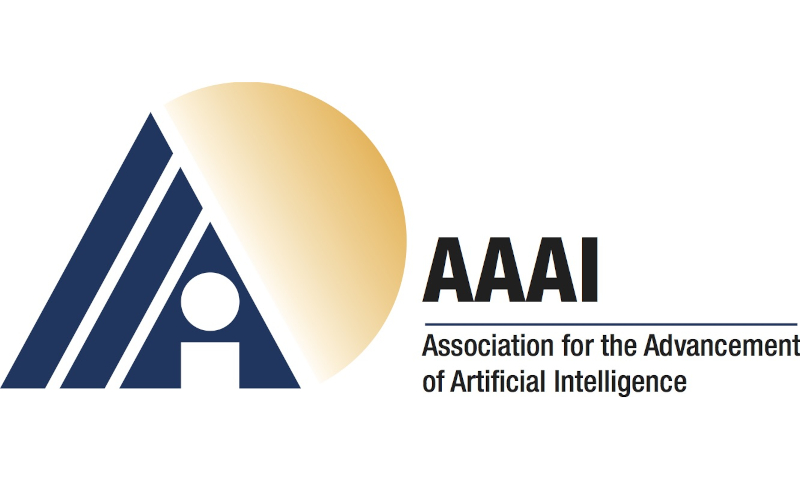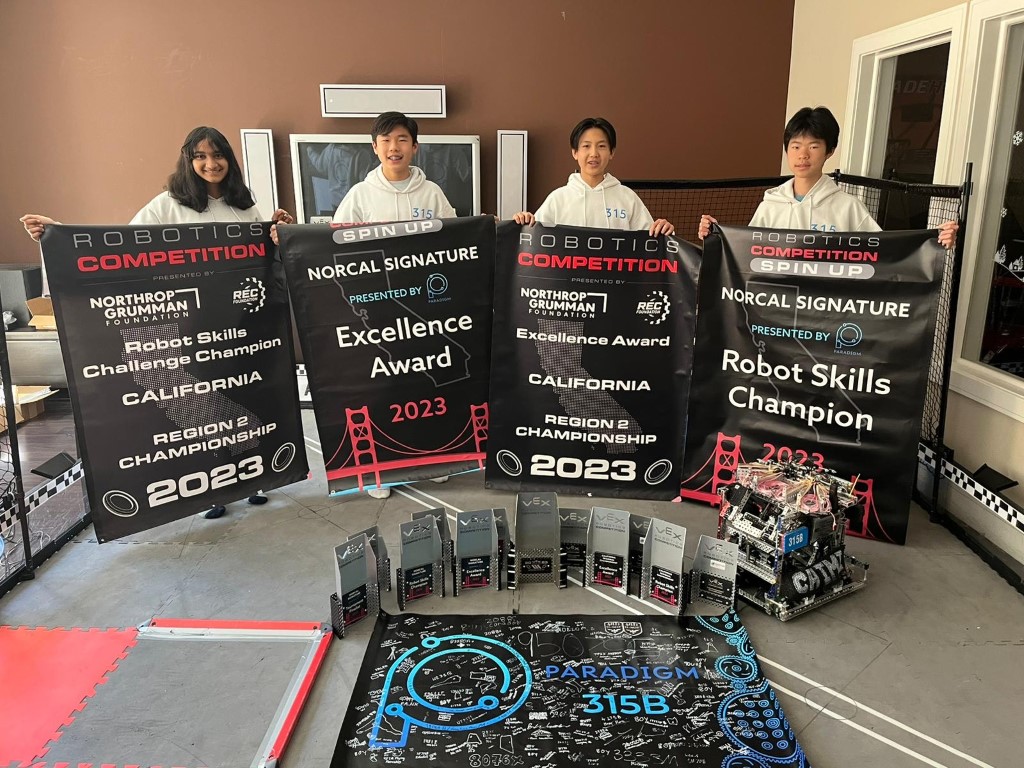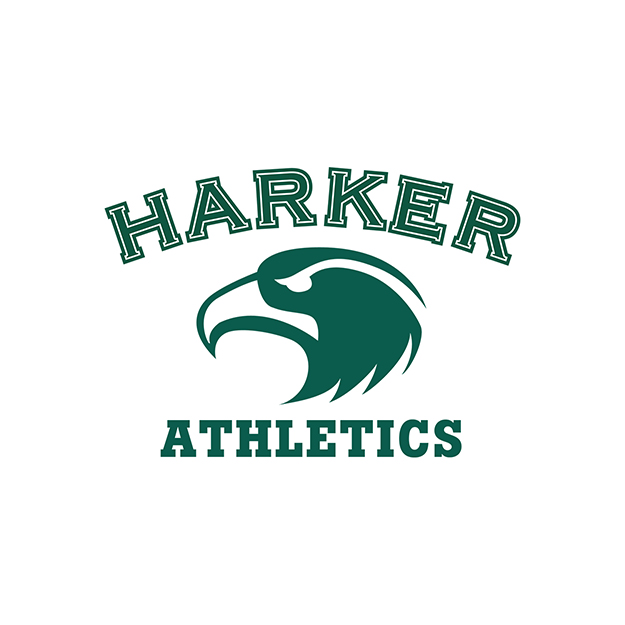This season will feature Chanticleer, the duo of cellist Jonah Kim and dancer Julia Rowe and saxophonist and composer Aaron Lington.
eweekly
Upper school kicks off year with annual matriculation ceremony
The 2023-24 upper school academic year kicked off on Friday with this year’s matriculation ceremony, which took place at the Harker Athletic Center.
Upper school dance groups receive accolades at USA Dance Camp
Last weekend, the Harker Dance Company and Kinetic Krew participated in a Dance Camp by the United Spirit Assocation.
Student-created board game teaches kids about climate change
Seniors Reshma Kosaraju and Sasha Masson recently developed a board game to teach children about the dangers of – and possible solutions to – climate change.
Middle and upper school students take top spots at NJCL Convention
In late July, 12 Harker upper and middle school students attended the National Junior Classical League Convention, held this year at Emory University in Atlanta.
Conservatory alums further love of arts through summer teaching
This year marked the sixth session of Summer @ the Conservatory, the Harker Conservatory’s comprehensive performing arts program in theater, musical theater and film acting.
Rising senior wins top AI award at ISEF
Earlier this month, rising senior Ella Lan won first place in a special award given out by the Association for the Advancement of Artificial Intelligence (AAAI).
[UPDATED]Final 2023 Nat’l Merit Scholarship winner announcement brings total to 16
The National Merit Scholarship Corporation announced that 10 Harker seniors have received National Merit $2,500 Scholarships in the 2023 National Merit Scholarship Program.
VEX Robotics competitors excel during season
Harker middle and upper school VEX Robotics teams earned many awards competing in VEX Robotics Competition (also known as VEX VRC) events, beginning in October.
Five alumni headed to Harker Athletic Hall of Fame this fall
Five Harker alumni are set to be inducted into the Harker Athletic Hall of Fame in October.
